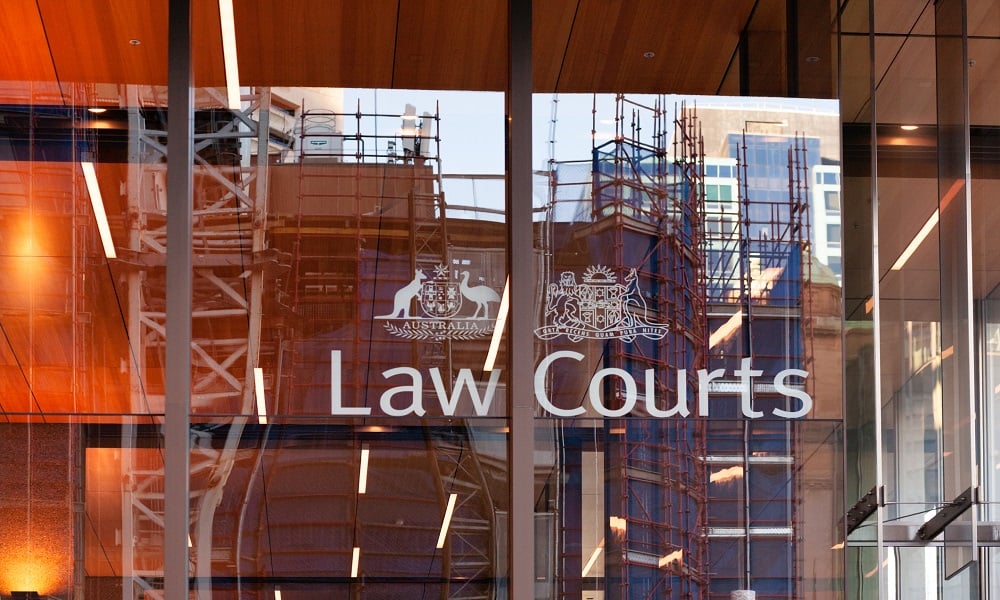
Biggest merger litigation in 10 years shows the court’s ability to expeditiously determine complex merger cases

Two top-tier firms played key roles in the litigation that resulted in the Federal Court of Australia clearing the way on Thursday for the proposed merger of Vodafone Hutchinson Australia (VHA) and TPG Telecom.
Allens acted for VHA, while Herbert Smith Freehills (HSF) advised TPG, as they brought the case to the Federal Court following the Australian Competition and Consumer Commission (ACCC) blocking the merger in May.
The regulator said that the planned $15bn merger will cut competition and contestability in Australia’s already concentrated mobile and fixed-broadband markets. Telstra, Optus, and VHA had more than 87% market share of the mobile market, while Telstra, TPG, and Optus had about 85% market share of the fixed-broadband sector, the ACCC said.
The ACCC argued that if the merger did not push through, TPG would make a push to become the fourth-largest retail mobile operator and VHA would feel the need to enter the fixed-broadband market.
Counter to promoting competition
Justice John Middleton disagreed with the ACCC’s assessment, saying that the merger would not significantly reduce competition. He also doubted TPG’s prospects of becoming a major player in the mobile market.
“It is extremely unlikely and there is no real chance that TPG will roll-out a retail mobile network or become an effective fourth mobile network operator in the relevant future,” he said.
TPG argued that it can no longer afford to build a network – or that it still wants to – given Australia’s ban on Huawei equipment, which it said was the backbone of its previously announced mobile network.
Middleton said that to leave VHA and TPG in their current state “would not promote competition” in the Australian market.
Transformative transaction
Allens said that the case is the biggest merger litigation in Australia in 10 years.
The firm’s team on the deal was headed by Fiona Crosbie, Allens chairman and competition, consumer and regulatory partner. She was supported by partner Robert Walker and managing associate Anita Thompson of the competition team, as well as partner and senior litigator Chris Prestwich and senior associate Natalie Oliver of the firm’s disputes and investigations team.
Crosbie said that the merger will be transformative for VHA and the Australian telecommunications sector.
The VHA-TPG merger is not out of the woods yet, however, as the ACCC has four weeks to appeal the Federal Court’s judgement, which the regulator said it is carefully considering.

Fiona Crosbie and Robert Walker
Federal Court prowess
HSF said that today’s judgment showcases the Federal Court’s capacity to rapidly resolve difficult merger matters.
“The judgment demonstrates the Federal Court’s ability to hear and determine complex merger cases, and do so in an expeditious manner, and the court did a great job in this instance. The evidence was extensive and complex relating to financial, technological commercial matters,” said Lisa Carver, HSF competition partner.
Carver headed the HSF team alongside litigation partner Bruce Ramsay and corporate partner Rebecca Maslen-Stannage. The firm also confirmed to Australasian Lawyer that the team will now advise on the merger.
Carver explained the importance of the planned merger getting the go-ahead from the Federal Court.
“The ability of parties to go to the Federal Court to resolve these matters is important; without resolution of ACCC concerns there can be a complete impediment to a transaction taking place,” she said.
The Vodafone-TPG merger was first announced in 2018.
Losing social license
David Tudehope, Macquarie Telecom chief executive, said that the Federal Court’s decision will only worsen competition and leave consumers underserviced and overcharged.
“Now that the decision has been made to allow the merger to go ahead, the government and ACCC will need to reconsider how to improve retail and wholesale competition in mobiles,” he said.
He said that the telco industry gets twice the number of complaints to the Telecommunications Industry Ombudsman as the banking industry’s Australian Financial Complaints Authority, its new ombudsman, even after the Hayne Commission.
“As a result, the telco industry risks losing its social licence,” Tudehope said.